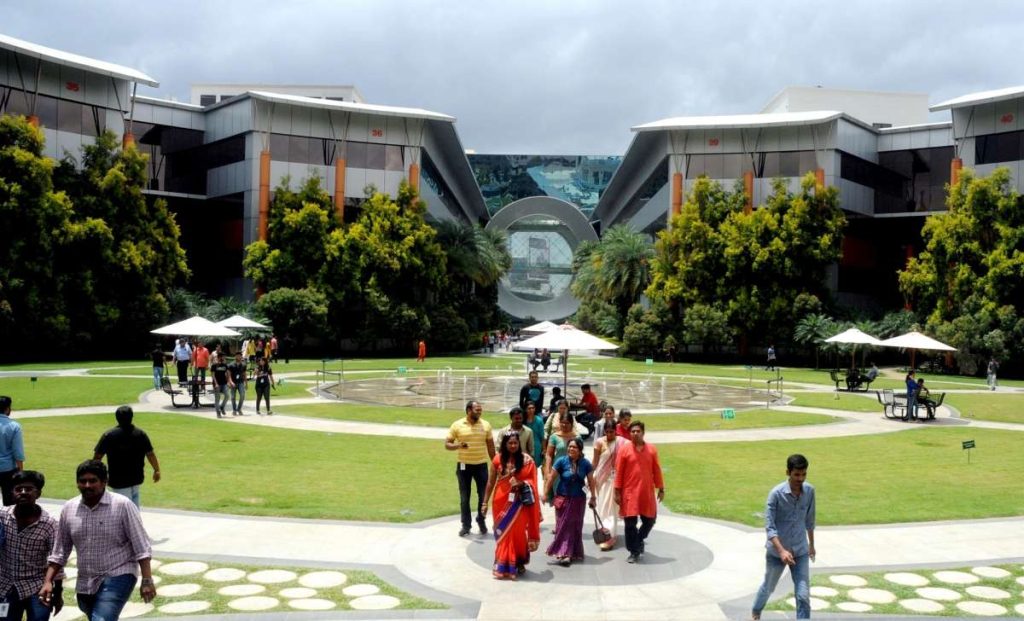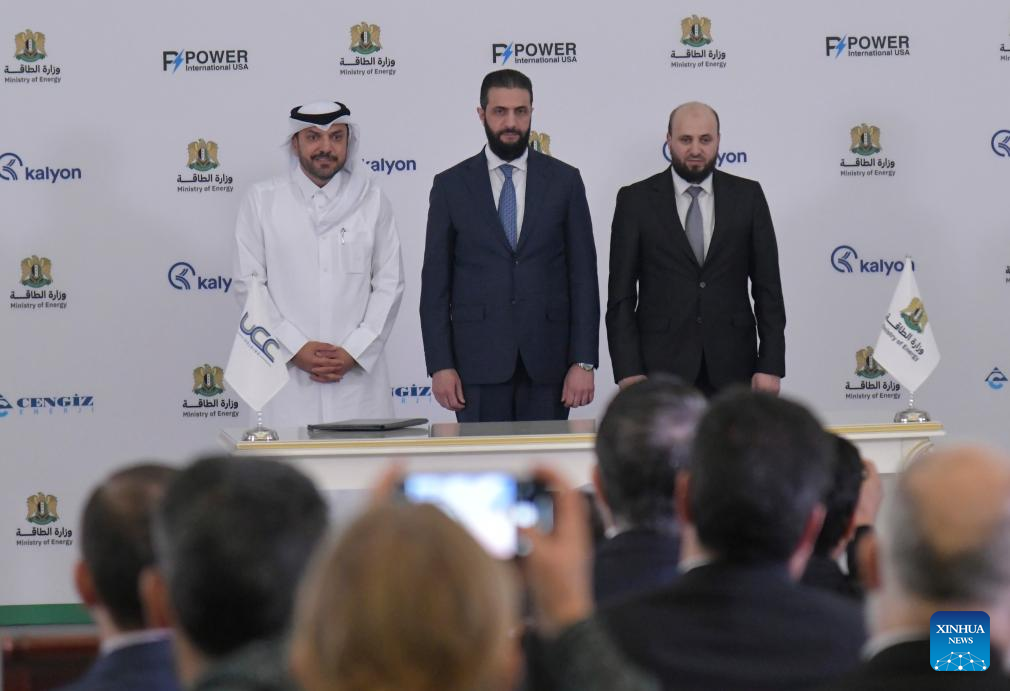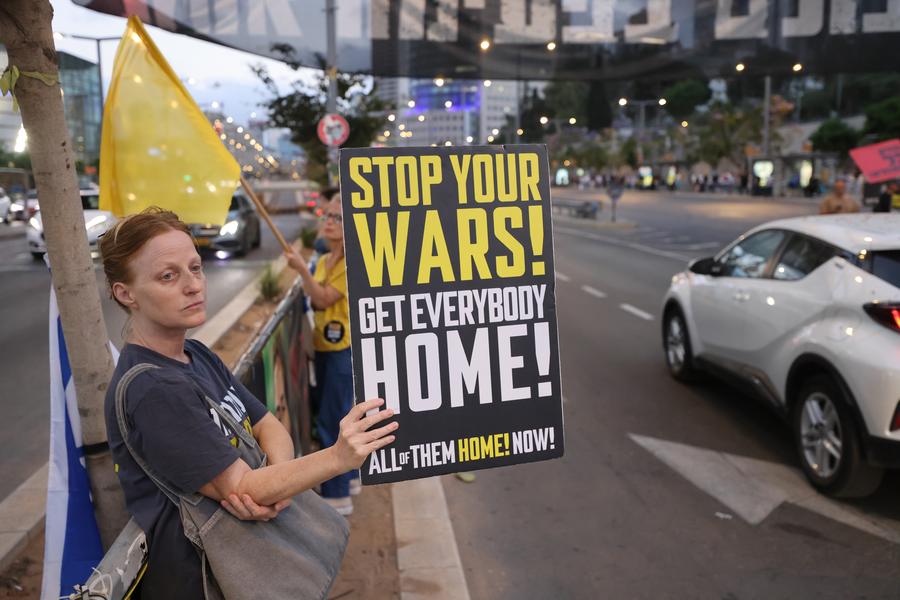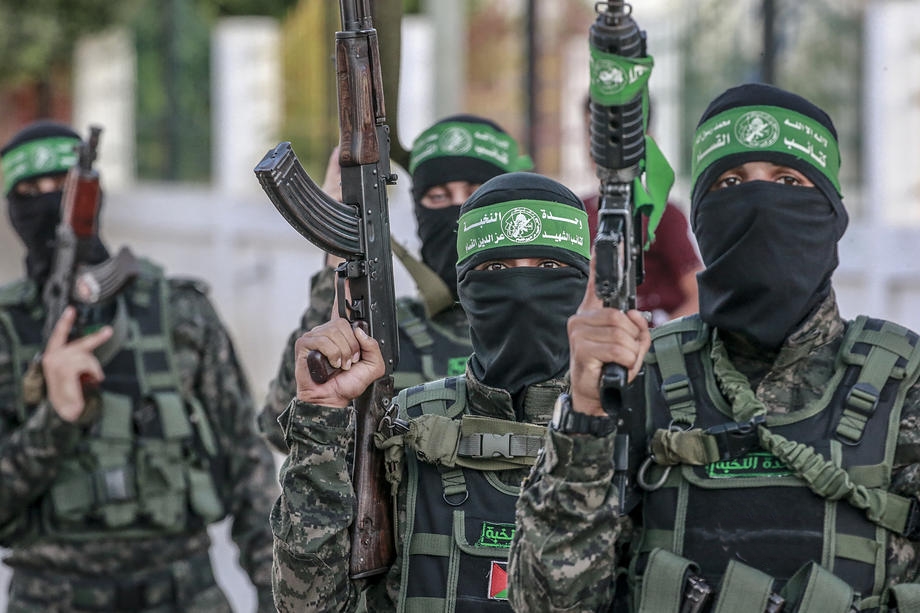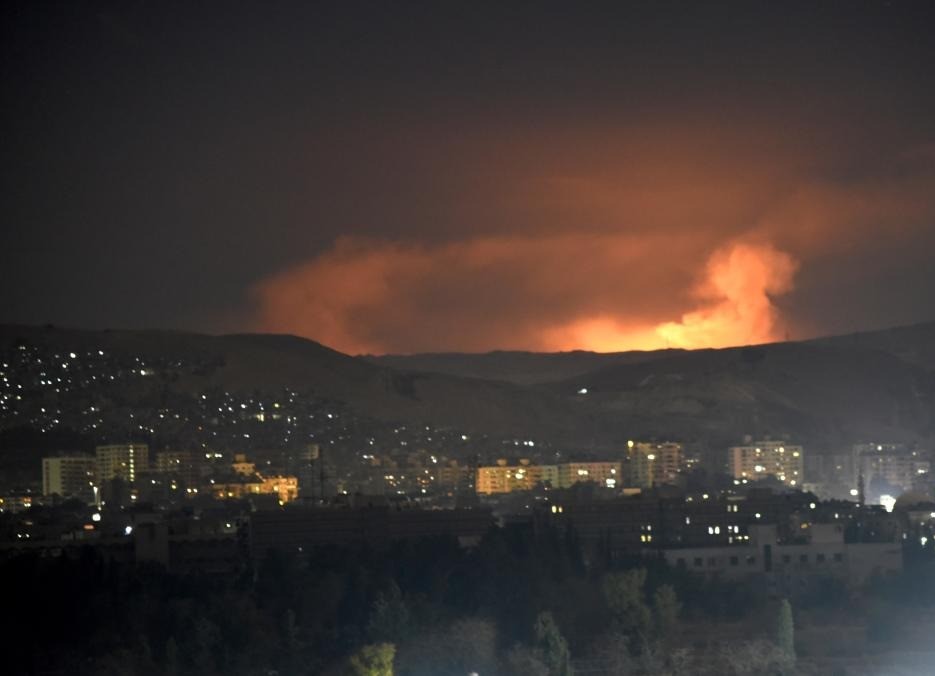The Pakistani market is flooded with handsets with duplicate IMEIs, sold in the market in the form of low-cost, copy-cat versions of branded mobile phones. The large influx of Chinese counterfeit mobile phones in the country has led to the government losing millions of dollars in tax revenue … writes Dr Sakariya Kareem
Pakistan’s expanding internet services, has opened up a Pandora’s box of counterfeit smartphones in the market. According to a study compiled by a team of Harvard economists, it is estimated that 74% of the cellphones sold in the country were counterfeit pieces that were smuggled into Pakistan.
A counterfeit product is defined as an illegal replication of a legitimate product, and mimics its labelling, packaging and trademarks. They not only damage brands which are renowned for their excellence, but also the corresponding companies whose brands require high levels of research and development.
Though Pakistan is equipped with legislation to protect IPR (i.e.Intellectual Property Organization Act 2012), counterfeit goods remain a significant problem, with a range of products being counterfeited, including clothing, electronics, and luxury goods. products violating IPRs.
In April 2023, a report by Pakistan’s Federal Board of Revenue (FBR) disclosed that mobile phones worth $7.19 million were imported illegally without opening the letters of credit (LCs) or utilising the banking channel. The FBR highlighted that only $1.46m was paid legally out of Pakistan through the banking channel, whereas $7.19m flowed out of Pakistan illegally, for the import of mobile phones. The figures had been matched from the Goods Declarations (GDs) and the quantity of IMEI number registration applications, which was also awarded by the FBR. According to an official, “The matching of data shows that payment for mobile sets worth $7.19mn has not been made. Therefore, some illegal mode was adopted for these sets.”

An important factor in the popularity of counterfeit mobiles is the high import duties on Pakistan Telecommunication Authority (PTA) approved devices. Officially imported mobile phones have high import taxes, which are given to the consumers, making PTA-approved devices more costly. Non-PTA mobile phones are the ones not listed with the Pakistan Telecommunication Authority.
The increase in sales of mobile phones not registered with PTA has made the grey market bigger, where phones are sold without official permission. Counterfeit devices often lack quality controls and can result in poor user experiences and potential security risks. Non-PTA mobiles allow consumers to purchase devices from international brands that have not yet entered the Pakistani market. Non-PTA mobile phones often become available in the market before their official launch in the country, allowing customers to get the latest technology sooner. Customs duties and taxes are evaded by avoiding official import channels. All this results in smuggling of mobiles in bulk quantities without proper authorization from PTA.
As a result the Pakistani market is flooded with handsets with duplicate IMEIs, sold in the market in the form of low-cost, copy-cat versions of branded mobile phones. The large influx of Chinese counterfeit mobile phones in the country has led to the government losing millions of dollars in tax revenue.
The Pakistan Telecommunications Authority tried to implement a system called ‘ Device Identification, Registration and Blocking System (DIRBS) ‘ to identify counterfeit and non-registered smartphones. But the system has its glitches. There have also been incidents where the PTA and Federal Bureau of Revenue (FBR) have charged smartphone users 15 times the price of their phones. In one such instance, a person who bought a PKR 4,000 smartphone was billed an astronomical amount of PKR 50,000 in taxes. So because PTA approved smartphones are identified by their IMEI, even if a consumer pays less than PKR 5,000 for a smartphone, they may end up paying PKR 50,000 or more in taxes.
Another factor that has led to the rise in counterfeit smartphones is the state of the economy itself. As the country restricted imports to stop the outflow of dollars, the manufacturing of smartphone devices in Pakistan also came to a grinding halt after manufacturers ran out of raw material. With all the 30 manufacturing units in the country closed, the import of mobile phones has unusually surged, and with that of counterfeit phones.
Bara Market, Quetta (also known as NATO Market), Shah Alam market, Hall Road in Lahore or Raja Bazar in Rawalpindi are especially famous for electronic counterfeit items, mobile phones, and car parts at astonishingly cheap prices. Duplicate handsets, mainly coming from China, don’t have a brand name. A sticker can be pasted on it later on to let it look like an original set. They look and operate so originally that an unsuspecting commoner doesn’t feel an inkling of their duplicity. High-end Samsung and Apple, which are costly and beyond the reach of a thrifty gizmo-lover, are vulnerable to copycatting. Sometimes, a duplicate version creeps into showcases prior to the official launch of a new model.
Counterfeit cell phones are easily available on e-commerce platforms in Pakistan. For instance, ‘iShopping.pk’ is famous for grey channel smartphones. The website sells smartphones and other products without official warranty. iShopping is also presently selling grey chanel Xiamoi phones as the mobile company has partnered with SmartLink up till now to sell Xiamoi phones in Pakistan. ] There are several other Online Stores Selling Fake Mobile Phones in Pakistan like – Zimruh Online, Clearance Store, and others.
For Pakistani consumers, the ethical factor is not strong when it comes to intended purchasing behaviour. Surveys, probing into the reasons for the popularity of counterfeit mobile phones, found that hedonic shopping behaviour and economic factors are the causes of consumers’ complicity towards counterfeiting. The other main factor driving the trade in counterfeit goods in Pakistan is the lack of effective enforcement measures, where effective implementation of the laws is considered substantially inadequate. Pakistan has dearth of any specialised training of law enforcement and justice operators. On top of the enforcement gaps, there is a lack of awareness among consumers about the extent of counterfeiting in the market, which has in turn led to their growing acceptability of counterfeit products.


